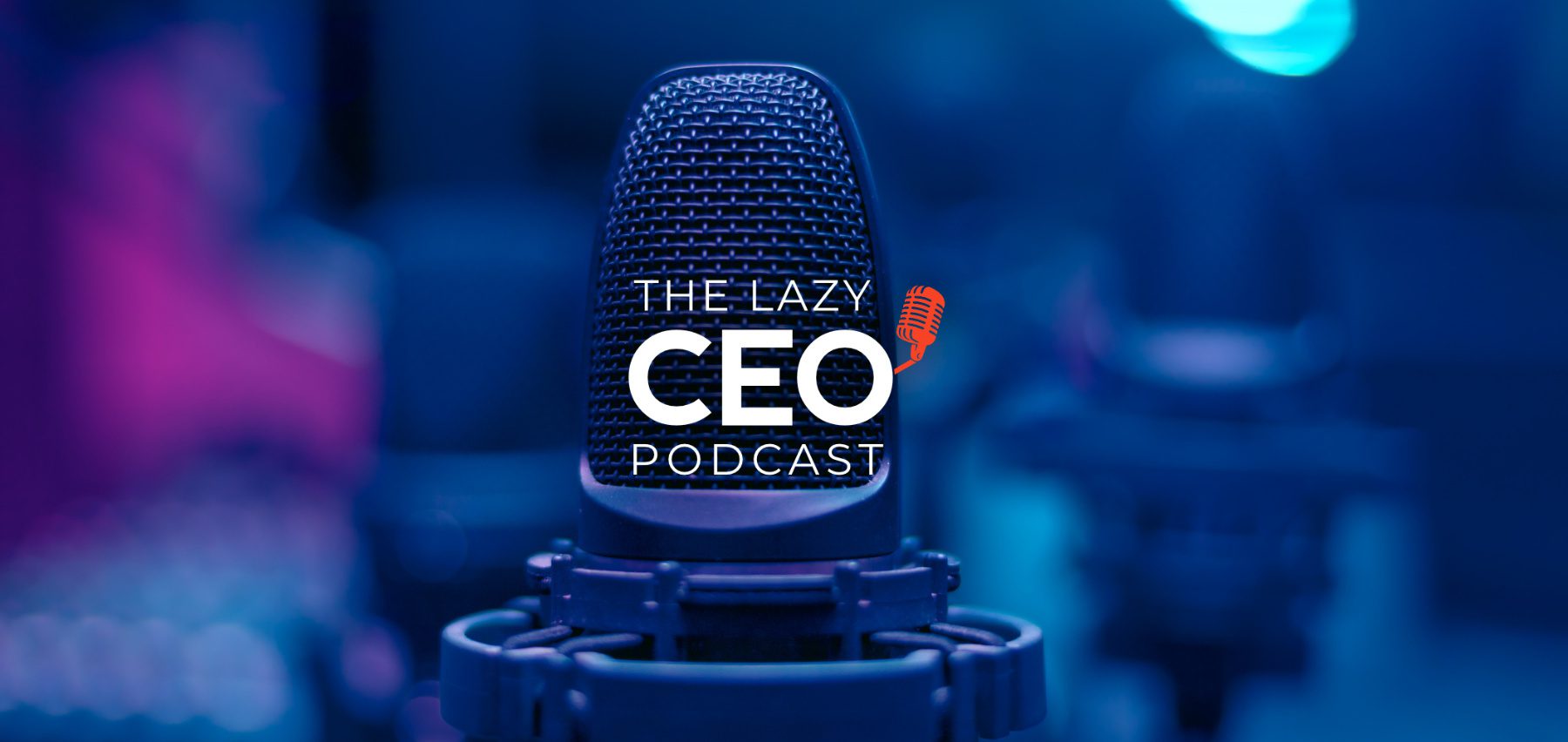The Accountability Episode at a Glance:
- Jim Schleckser shares the important elements of accountability
- What is the SMART model?
- Why accountability is a critical role for any CEO
In this episode…
Today Jim Schleckser talks on a topic that we see a lot when we’re dealing with CEOs – accountability. What is accountability? The word is literally the definition of what accountability is, which is an obligation or willingness to accept responsibility or accountability for one’s actions. In other words, transparently accept and explain what I’ve been doing and the outcome I got.
When somebody says, I see a problem, I own a problem, I’m going to solve a problem, that’s accountability, particularly when they do it transparently and share it with their team and their boss, that’s accountability. On the negative side of non-accountable is, I wait and see. I finger point, it wasn’t me, it was somebody else. I deny it. We see that all the time. Not my job.
All of that is a lack of accountability, particularly as you grow the organization as an entrepreneur, we run into leaders that tell you I am trying to get the best out of my team and I struggled to hold them accountable to achieve the results. When you’re trying to hold people accountable, the first thing you have to have is an identifiable outcome. In other words, this is your obligation. Whether you’re managing one person or managing an organization, you need to be clear about where you’re going. So what does it look like? When are we going to get there? How are we going to know we achieved it?
The classic model for accountability is the SMART goals. So it’s specific. We’re going to achieve 12 million in revenue. It’s measurable, we’re going to measure it by the P & L. We’ll know if we got there or not – it is achievable. That’s the A in smart, right? Achievable – we did $10 million last year. We’ve been growing a million or 2 million a year. 12 is well within the capability of this organization. Revenue is one of the more relevant things in a business environment, but it might be generating a number of leads and that’s relevant because it drives sales.
In this episode, Jim shares the critical elements of accountability and how to achieve accountability in your organization.
- Specific, measurable goals that can be evaluated (SMART goals)
- Achievable objectives with specific timeframes and outcomes
- Follow-up tips to successfully hold people accountable
- 4 elements that define accountability – goals, expectations, awareness of what it means, social pressure
- Tactical elements of accountability – holding yourself accountable first, providing clarity and resources, removing roadblocks, providing feedback, rewarding appropriately
Resources mentioned in this episode:
- Jim Schleckser
- Jim Schleckser on LinkedIn | Twitter
- The CEO Project
- The CEO Project on Tik Tok | YouTube
- Great CEOs Are Lazy by Jim Schleckser
Jim Schleckser is the Chief Executive Officer of The CEO Project, a business advisory group for accomplished CEOs to help them solve their most challenging issues, resolve constraints, drive growth, and improve outcomes. With 30 years of leadership experience in business strategy, organizational development, sales, marketing, and more, Jim leads global organizations across many functional areas in both public and private environments. He specializes in solving issues that fast-growing firms experience in their business models and processes as they reach high-performance levels. Jim has appeared in The New York Times, The Huffington Post, and National Public Radio.
Sponsor for this episode…
This episode is brought to you by The CEO Project. The CEO Project is a business advisory group that brings high-caliber, accomplished CEOs together. Our team of skilled advisors is comprised of current and former CEOs who have run both public and private sector companies across multiple industries. With our experience and expertise, we guide hundreds of high-performing CEOs through a disciplined approach that resolves constraints and improves critical decisions. The CEO Project has helped high-performing, large enterprise CEOs with annual revenues ranging from $20M to over $2 billion to drive growth and achieve optimal outcomes. If you are an experienced CEO looking to grow your company, visit www.theCEOProject.com.









